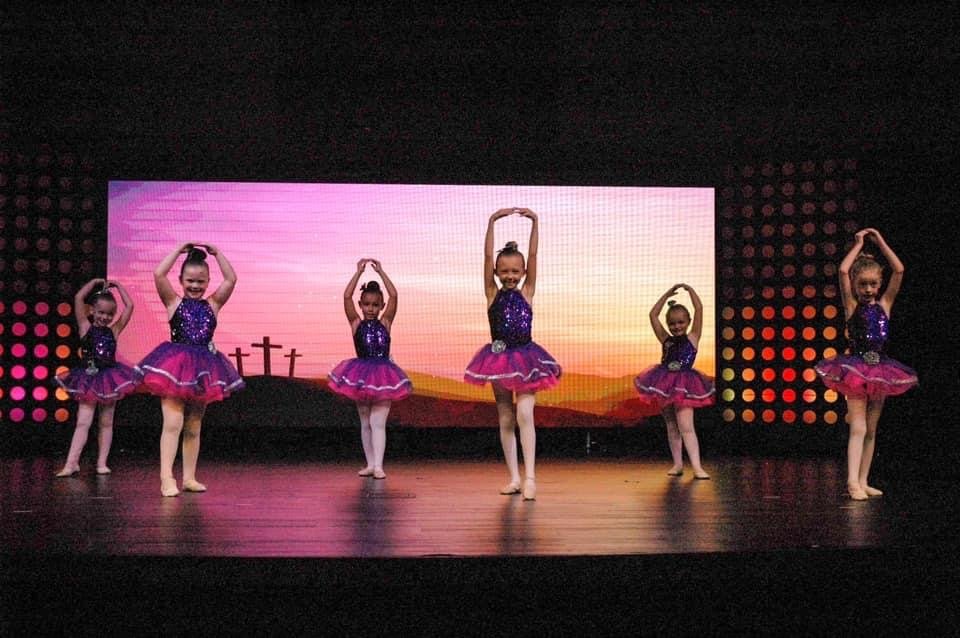The Joy of Dance: 6 Reasons Why Dance Class is Beneficial for Kids
As parents, we are constantly searching for activities that can holistically contribute to our child's development. While there are numerous options available, one activity that stands out is dance. Dance classes offer a multitude of physical, emotional, and cognitive benefits for children. In this blog post, we will discuss why dance class is good for kids and why it should be a part of their developmental journey.
Joyful Angels Ballet Class Performing During Our 2022 Recital.
Physical Stamina and Coordination
Participating in dance lessons helps children develop physical stamina, flexibility, and coordination. Through consistent practice, children learn to control their body movements, balance, and fine-tune their motor skills. These skills are invaluable in other sports and activities as well. Dance class provides a structured environment where children can enhance their physical abilities while having fun.
Boosts Confidence and Self-Expression
Dance is not only about learning choreography; it is also a form of self-expression. In dance class, children are encouraged to let go of their inhibitions and embrace their individuality. Learning various dance styles allows them to explore different movements and emotions. This creative outlet builds confidence and self-esteem as they witness their own progress and realize their unique abilities. With each step, they learn to trust themselves and become more comfortable in their own skin.
Enhances Social Skills and Teamwork
Dance classes provide children with opportunities to develop meaningful relationships and improve their social skills. Dancing in a group requires cooperation, communication, and teamwork. As they interact with fellow dancers, children learn the importance of respecting others, listening to instructions, and working together towards a common goal. These skills extend beyond the dance floor and positively impact their relationships with peers outside of class as well.
Improves Cognitive Abilities
Engaging in dance not only activates the body but also stimulates the mind. Dancing improves cognitive abilities such as memory, focus, and concentration. Learning routines and remembering steps challenge children's mental agility and coordination simultaneously. Furthermore, dance encourages creativity and imagination, helping children think outside the box and find unique solutions to problems. Dance class is thus a holistic exercise for the mind and body.
Promotes Discipline and Patience
Dance requires discipline and patience. Children quickly learn that progress is a result of regular practice, dedication, and perseverance. The structure of dance classes teaches children the value of commitment, punctuality, and following instructions. Over time, these lessons translate into other aspects of their lives, shaping them into well-rounded individuals with strong work ethic and determination.
Stress Relief and Emotional Well-being
Dance provides a safe and nurturing space for children to release their emotions. The physicality of dance allows kids to channel any stress, anxiety, or pent-up energy into movement. Dancing also releases endorphins, which are natural mood enhancers. Regular participation in dance class can improve mental health, boost emotional well-being, and foster a positive outlook on life.
Conclusion
In the world of children's activities, dance class shines as an exceptional choice. It not only serves as a means of physical exercise but also fosters numerous cognitive, emotional, and social benefits. When enrolled in a dance class, children develop physical stamina, coordination, self-confidence, and teamwork. They also enhance their cognitive abilities, learn discipline, and experience stress relief. So, let's encourage our children to take the stage, let their spirits soar, and experience the joy and positive influence of dance!


